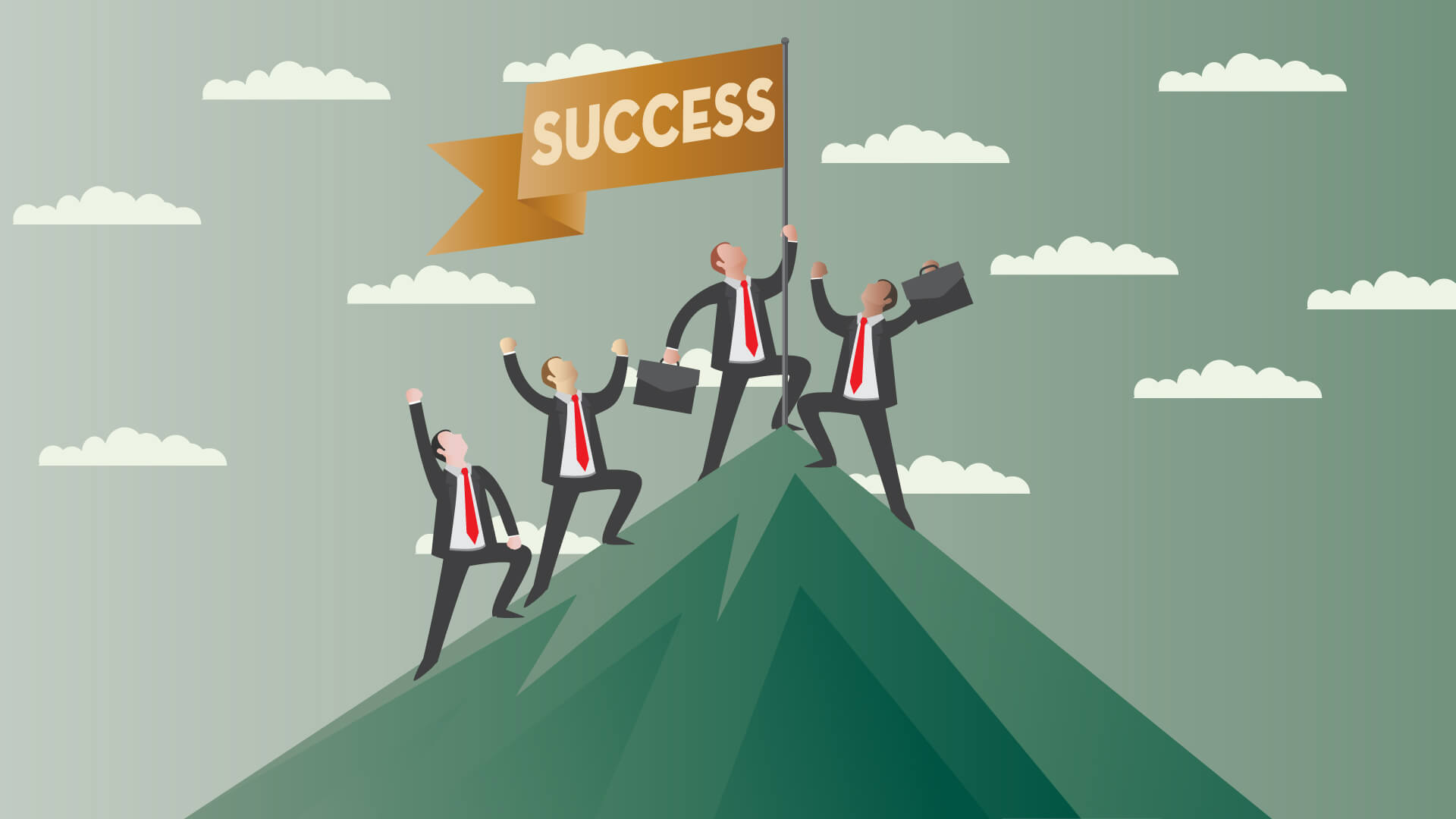A personal interview, also known as a job interview, is a meeting between a qualified applicant and an employer that takes place during the second or third stage of the recruitment process.The interview, in its main form, aims to resolve the decision regarding the competence and suitability of the applicant for the new job and the suitability of his skills and experience to the nature of the work tasks. During the job interview, the employer will ask the applicant a series of questions about himself, his knowledge and skills related to the job and the company, and his professional experience.
Benefits of job interviews
We can summarize the most important benefits of a personal interview as follows:
- It is the last stage before getting a job.
- It is an opportunity for both the job applicant and the manager or employer to get to know each other better.
- Through it, the applicant can learn about the environment in which he will work and the work team that he will become a part of if he gets the job.
- It allows the applicant to see whether the job and its environment are suitable for him or not.
Types of job interviews
There are several types of job interviews that differ among themselves in terms of the nature of the questions that are asked in them and the number of people present in them, and we mention the following as the most important of these types:
1- Job interviews between two people
This type of interview is one of the most common and is often used in fairly small companies. In this type of interview, you will only have to impress one person! It is usually the head of the company or one of its powerful employees who has the power to decide whether or not to give you the job.
2- Team interviews
This type of interview is common in medium and somewhat large companies, as the job interview in this case includes a number of company officials who take turns asking you their questions. These interviews can be a little intimidating, so you better be prepared for them.

3- Competency-based interviews
This type of interview is also very widespread, and it mainly focuses on asking a series of questions related to the candidate’s competence and his professional and academic achievements rather than personal questions, which makes this type of interview difficult compared to others.
4- Telephone interviews
Instead of calling a large number of candidates to meet them at the company’s headquarters, some managers sometimes resort to conducting these interviews over the phone. But they are mostly in the initial stage of recruitment. This type of interview is fairly easy since it reduces the part of judging you in terms of body language and choosing the right clothes, but it is also a way to assess your skills on the phone.
5- Video interviews
This type of interview has grown in popularity in recent years, particularly since the introduction of applications and programs such as Skype, and it is used primarily by large agencies, as the applicant is either invited to the agency’s office or asked to connect to the Internet from his home so that the interview can be conducted, recorded, and then presented to the company in question.
How do I succeed in a job interviews ?
There is no doubt that each of us has lived through the experience of a job interview at some point in our lives, and there is also no doubt that job interviews can sometimes be frightening and stressful, especially in the beginning, when you are a fresh graduate or when you have your first interview. However, rest assured that with the passage of time and the accumulation of your professional experience, it will become easier, and you can also use the following tips before and during the interview to ensure success in it:
1- Know the keys to success in each type
Each of the aforementioned types of interviews requires certain skills that differ from the rest of the types, so be sure to possess the keys to success in each type, including:
- During personal interviews, make sure to establish a good relationship with the interviewee while maintaining a professional framework.
- During team interviews, treat all interviewees with equal respect, because sometimes you may not know who is in charge of the decision. And, when responding to a question, direct your words specifically to the person who asked you, with occasional glances to the rest of the audience.
- Prepare well for competency-based interviews and read the job description carefully since most of the questions you will be asked will be related to the requirements identified in this description.
- If you are one of those people who gets nervous when talking on the phone, you should train yourself and improve your phone skills, especially if the job you are applying for involves customer service.
- In the event that you are not used to using video and speaking in front of the camera, you may be a bit confused, and here you should practice well before conducting job interviews via video.
2- Choose the appropriate dress
This may appear trivial, but it has a significant impact on how the interview is conducted.There is no doubt that if you wear the appropriate dress for the nature of the company, you will find yourself a little more comfortable, and your performance will be better. You do not always have to wear formal clothes, as the nature of the dress differs according to the nature of the company, and herein lies the importance of the next point.
3- Do a research about the company
Many people neglect this plan, so they go to the job interview without having any information about the place where they will meet and sometimes without knowing the nature of the job they are applying for. Always make sure to know a little about the company with which you will be interviewing, as this has the advantages of:
- Avoid falling into embarrassing situations and appearing as an indifferent person who is not fit for the vacancy.
- Learn about the company’s activities and business, which contributes to answering some interview questions correctly.
- Having a general idea of the nature of the company and thus determining the appropriate uniform that you can wear.
- Get to know the job, which allows you to ask questions related to some of its aspects that are still vague to you.
4: Use your words wisely.
Don’t talk too much, and don’t go into unnecessary details. Answer briefly and focus on your career. It is not appropriate to mention your relationships, childhood memories, or family. What is required is a brief history of your education, career, and special interests. Conclude by talking about the reasons for your interest in getting the job, what you would add to the organization if you were hired, and what areas you are most proficient in.

5: Focus on body language
Never underestimate the importance of body language during job interviews, as it reveals a large part of your personality. Try to be comfortable and show that through the way you sit and talk, your looks, and the movement of your hands. Even if your answers are excellent, sitting like a fetish will undoubtedly reduce your chances of getting the job.
6- Practice well the interview questions.
Feeling nervous during a job interview is normal.
7- Don’t forget to ask your questions
At the end of each interview, the person who interviewed you will ask you if you have any questions. At that time, try to ask a question that you have prepared in advance. If you shrug your shoulders and answer in the negative, it may give the impression that you are not interested in the company or the job, so avoid doing that. Launch, express it in a way that shows that you are interested in the job and that everything was explained to you during the interview.
By following and adhering to the previous advice and with continuous practice and training, you will gradually acquire the skills to pass the personal interview successfully, and you will be more able to demonstrate your confidence and skills in front of hiring managers and future employers.
You can learn more about the various job skills you need to succeed in your career by registering on our site and viewing a wide range of interesting and useful articles in this field.
Read also: Project ideas have a fast turnaround



